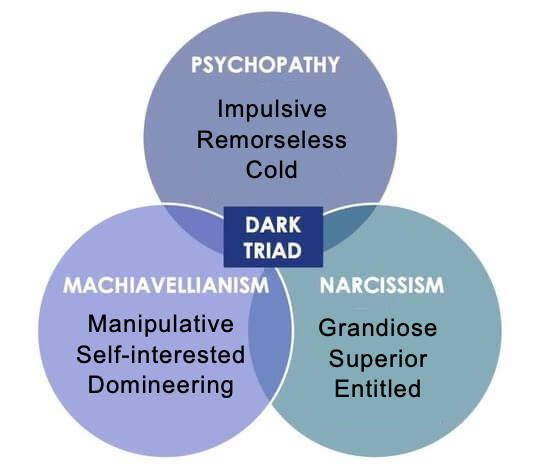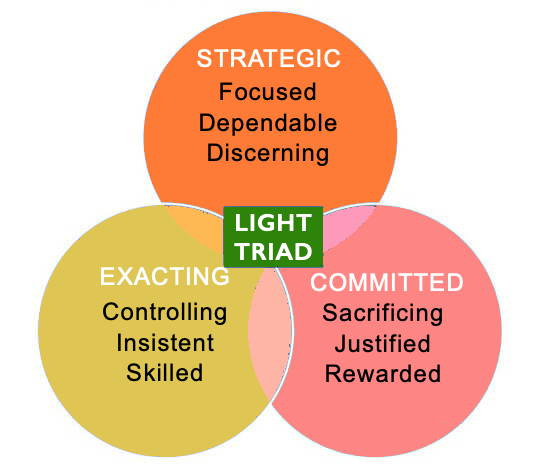Counseling Performance, Coaching as Therapy ($)
Personal issues are rarely reasonable and rarely fit into a goal-oriented approach.
High performers are goal-oriented strategic thinkers. Seventy-six percent are enthusiastic, but 53% are burnt out. High performers are frustrated by problems that cannot be clarified.
Sick Notions of Mental Health
Coaches and counselors are currently trained to view personal struggles as weaknesses that require therapy. In contrast, your ability to perform well is considered a skill to be encouraged. But what about personal struggles that relate to being successful, or accomplishments that injure others and stunt your growth? Does a dysfunctional family, community, or culture require you to get therapy to accept them, or do you need the encouragement to fix them?
When I typed, “Counseling Performance, Coaching as Therapy,” into ChatGPT the artificial intelligence responded by saying: “This combination can provide clients with a well-rounded approach, addressing both emotional and performance-related issues.”
This computer-generated summary is more enlightened than what I see in practice. It shows that the A.I. system sees a growing trend toward integration. This is a good thing, but it is not yet evident. It will be some time before this kind of integration is adopted, if it is ever adopted.
Psychology has always been a servant of social norms, both personal and political. The stereotype attitude that portrays a dissatisfied person as socially dysfunctional and which sees financial success as a moral virtue has old roots in Western culture.
This institutional prejudice infects people and politics. It’s embraced, excused, and overlooked by psychologists, counselors, therapists, coaches, and consultants who, ultimately, do not work for you. They work for the institutions in which we’re embedded.
Seeing a person’s mental health to be proportional to their productivity is disrespectful because it dismisses a person’s personal struggles as unimportant to their social standing. It’s dysfunctional because it sells the dishonest idea that performance, as measured by your productivity, should be disconnected from your inner senses of meaning, purpose, and value.
Following today’s model, the dysfunctional family is given cognitive therapy to correct their problematic behavior. Cognitive therapy is the child of operant conditioning that is rooted in and emerged from the Pavlovian training of animals.
The struggling worker, manager, or executive is coached to better manage their time and resources. The coaches and consultants support you in generating higher returns through the better use of resources such as family, friends, co-workers, and corporations. They do not question motives or purpose; their purpose is to optimize rewards. If your conscience troubles you, then see a therapist!
This system is rotten at its core. If your mental health is not connected with your sense of purpose, then you will not find mental health regardless of the amount of behavioral conditioning you receive. Conversely, if you optimize your performance without a sense of spiritual value, then your actions are immoral and, perhaps, you are immoral too.
In the Absence of Ethics
The modern professions of counseling and coaching don’t recognize deep personal value. If personal value is considered at all, it’s seen as spiritual and relegated to theology. This is not just a dismissal of ethics, it’s a moral failure. Just as psychopathic individuals cannot recognize emotional feelings, professions become pathological when they can't recognize moral values.
The separation of church and state came from the time when the church competed with the state and served its own political ends. The effort was not to separate overbearing morality from necessary pragmatism, as we’re led to believe. It was an attempt to limit the parasitic authority of the church, which had wedded itself to monarchy.
In defining mental health as whatever supports proper behavior we are regressing to the ideals of the industrial revolution. In that framework, health and virtue were measured by wealth and resource exploitation. People were an expendable resource. It was from that mindset that the world went to war and ecology went to pot. If we don’t change that—and we are currently not changing that mindset—then the wars and degradation will continue.
Working With High Performers
If you feel you could perform better by addressing some difficult issues, then schedule a free conversation with me at:
Keep reading with a 7-day free trial
Subscribe to Stream of Subconsciousness to keep reading this post and get 7 days of free access to the full post archives.






